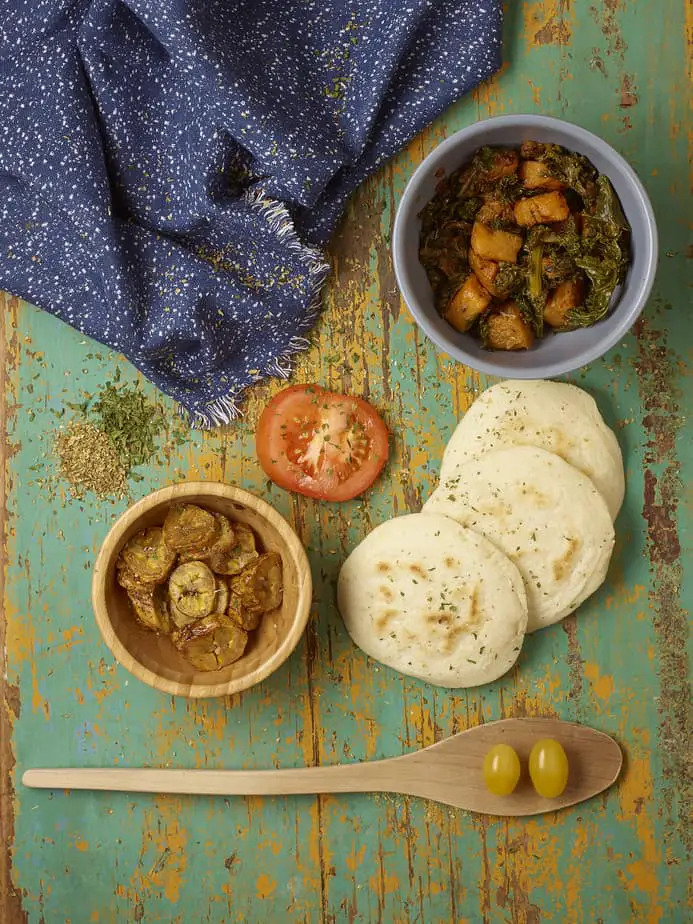To get to the bottom of how Carolina prepares, cooks, and serves her delish eats, we interviewed her whilst in the kitchen preparing for a weekend of foodies.
// Miss Arepita, missarepita.com, or find her at The Cat House Bar, 3255 Lakeshore Ave, Oakland; Photography, styling, and art direction: Younghwan Na, Lina Torres, Min Chung, Yihang Ye.
How, when and where did you get inspired for the menu?
I got inspired to make this menu in 2015 when my friend Tina Ramos, a.k.a Tina Tamale encouraged me to bring the Venezuelan flavors to the Bay Area. Coming from the country of Venezuela, there was an arepera on every corner. An arepera is a place that sells arepas similar to what we call street food here in the United States. Taking Tina‘s advice, I got together with a friend who has culinary training and is a specialist in creating menus. Together we brought to life my vision. That is the same menu we are using today.
When did you decide to make this business in general? Food in the bay area is a hard market.
After one year of running tests introducing the arepa I realized that arepas were a good match for the Bay Area. Because of its versatility, the arepa is a fun food! Yes, the Bay Area is a hard market but it’s also a market that embraces different cultures. I felt very welcomed here when I decided to start the business.
Tell us about the community around you and how they influence or inspire the flavors of the work?
Ms. Arepita would not exist if it wasn’t for many members of the community. Two major supporters have been Phat Beets Produce and Sofia from Kitchener among others. Phat Beets is a grassroots organization that helps people of color to connect with local farmers in the community. Kitchener is a local commissary kitchen that has been the base for catering businesses to develop their ideas.
We need to know why gluten-free Venezuelan food. How does that work?
Gluten-free wasn’t on purpose. It just so happens that the ingredients that we use to make the arepa are gluten-free. The arepa has always been a healthy food cooked the same way for generations.
What has been the most rewarding part about running the food business in the bay area?
To be able to do something I love and to help the community eat healthy especially with the great local produce that comes from the bay area.
Where do you see the business in the next five years?
We would like to explore having a couple of food trucks out in the next five years. We would also like to give back to the community by hiring and training women, especially women that have been incarcerated or coming from transition houses to start their own business .
What do you love about the bay area, food or otherwise?
I love the mix of cultures in the Bay Area and the sense of community. I am very fortunate to be part of a community that encourages people to follow their dreams.
When do you feel the most accomplished?
When I see the smiling faces of people enjoying the food. One instance I can remember is when a friend who came from Kenya, ate an arepa for the first time. When I looked at her face, it was illuminated. She was so happy and told me she was reminiscing about the food her grandmother cooked for her. The flavors were similar.
Do you foresee a brick and mortar in the future or keep a pop up mentality?



